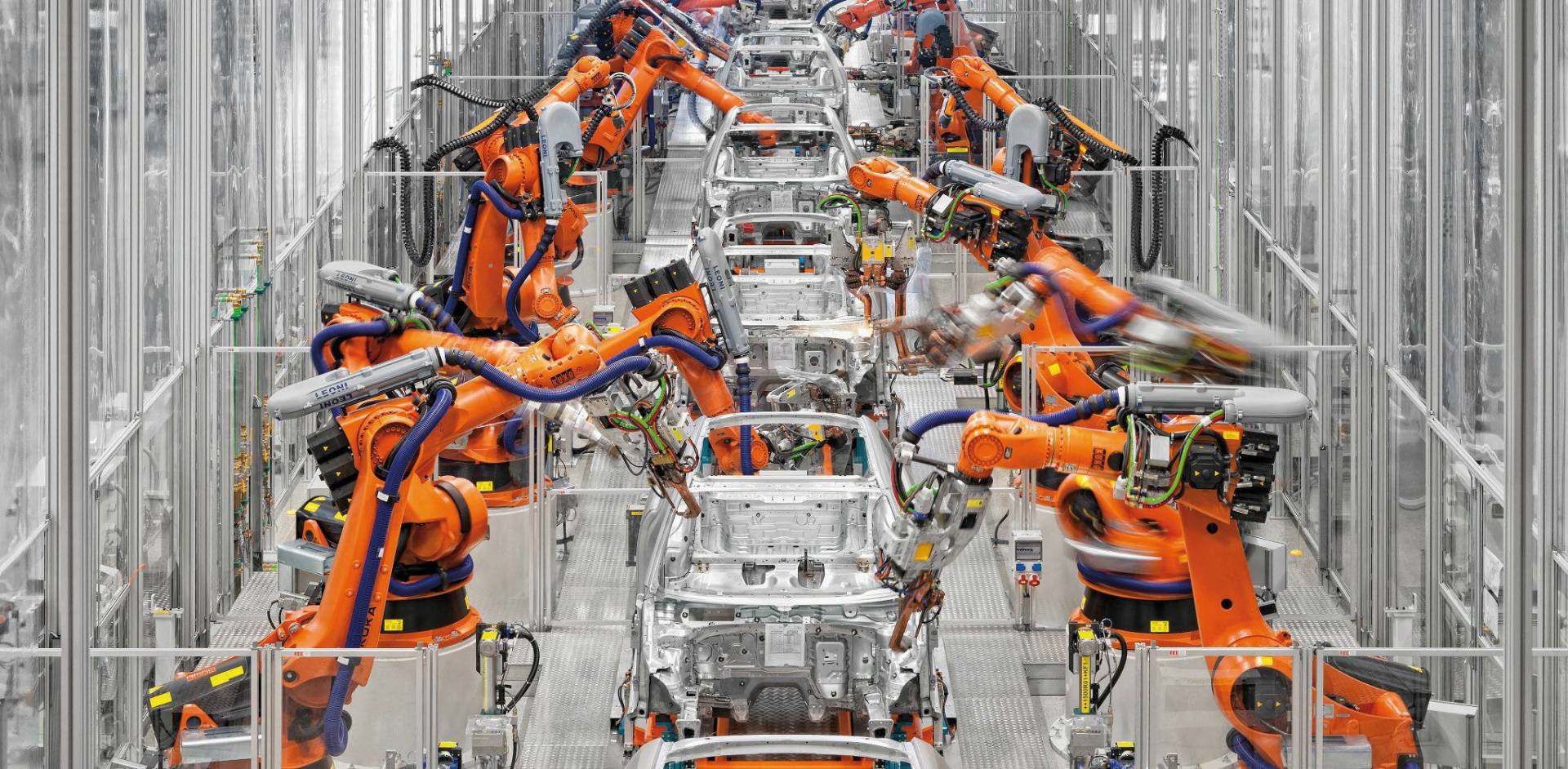Positive Q1 for the UK Manufacturing Industry with job creation on the horizon

UK manufacturing has got off to a much stronger start to the year than expected, defying many firms’ expectations and providing a much-needed boost to confidence, recruitment, and investment, according to a new survey. In the final months of last year, official statics showed expansion in more than half of all manufacturing sectors.
The latest quarterly Manufacturing Outlook survey from the EEF, the manufacturers’ organisation, and the business advisory firm BDO reports positives across all the sector’s key indicators. Currently, 2.7 million people are employed by the UK’s manufacturing sector with £240bn in exports, 68% of UK manufacturing is focussed on business R&D with the average wage of manufacturing jobs higher than the rest of the economy.
Across the UK, the balance of firms reporting an uplift in output (31%) and orders (29%) is double what was expected, with the output balance hitting its highest level since the third quarter of 2013.
The positive confidence indicators in the latest survey together with increased plans to invest and recruit in the UK are a sign of UK manufacturers responding to fuller order books and ensuring they have the capacity and capability in place to respond to customer requirements. All of the trends are spurring more confidence about the future and also leading more manufacturing companies to make adjustments to their investment plans and the employment requirements.
Employment and investment have both continued to grow this quarter after drifting back into a positive territory in the final quarter of 2016. There is a boost for manufacturing jobs – both from the UK and from major overseas markets which are prompting UK manufacturers to increase their capacity, headcount and to hire more staff to fulfil increasing customer requirements. The electronics and electrical equipment market, two of the strongest performing sectors last time round, have continued to do well in Q1. With the wide demand base, these sectors are profiting from the overall strong economic environment.
Manufacturers’ hiring intentions have strengthened over the previous quarter particularly in mechanical and electrical equipment which is in line with healthy demand conditions for both sectors. Investment is set to continue to grow this quarter, as manufacturers need to invest to fulfil order books and boost productivity.
Encouragingly, all UK regions have reported growth in the first quarter of 2017. Manufacturing activity gathered pace in the West Midlands, the South West, and North West. In all these regions the dominant automotive industry continued to report health conditions.
Tom Drew, Senior Consultant at Redline’s Manufacturing & Operations Division comments: “The UK economy looks to have begun 2017 in good shape with the manufacturing sector benefiting, though most analysts agree that mounting inflation pressure is likely to weigh on consumers’ appetite to spend over the next two years. A number of sectors such as automotive, which is particularly export-intense, are likely to slow whilst the electronics industry should return to growth in 2017, as a combination of a healthy global electronic components industry and UK government plans in STEM training and the extension of full fibre broadband to the whole country kick in.”
“These manufacturing sectors rely on significant capital investments, long term strategies which return on the investment over time, often taking many years and decades. The implications of the 4th Industrial Revolution on the UK Manufacturing sector will be wide-ranging but will almost certainly require significant investment in technology and skills and this will certainly require a constant evolution as a result of new technologies and processes mainly due to the introduction of digitalisation, robotics, and automation to the sector.”
Tom continues: “While significant job creation opportunities exist over the next five to ten years, together with an ageing population, there is still a danger that changes in global manufacturing systems, which the UK will not be able to avoid, will place some existing jobs at long-term risk. Automotive factories of the future will be highly automated and consequently require more digitally skilled workers. As a result, industry and the government need to future-proof workforce training and enhance skills development, and prepare people for very different manufacturing environment of the future.”

